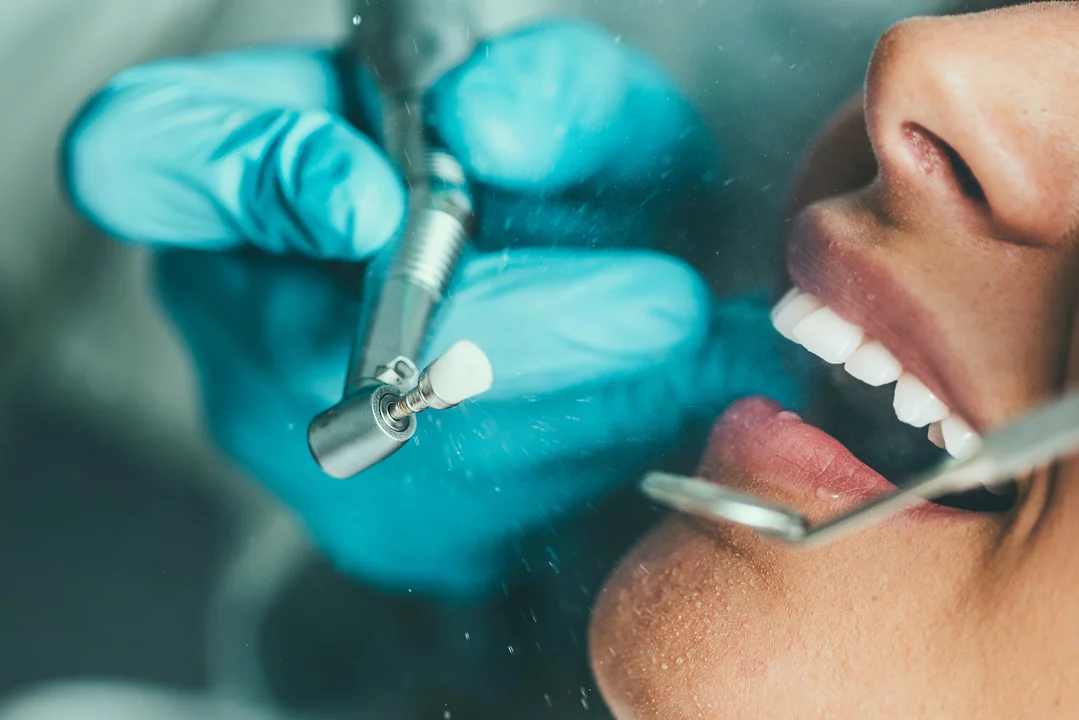Save Your Teeth: Practical Steps You Can Start Today
Most tooth loss is preventable. Small daily habits and a few smart choices during illness or before procedures will keep your smile longer. Read this for clear, useful actions you can use right now.
Daily habits that actually work
Brush twice a day with a soft brush and fluoride toothpaste. Hold the brush at a 45° angle and use short, gentle strokes along the gumline. Brushing more hard won’t help — it wears enamel and irritates gums. Swap your brush every three months or sooner if bristles splay.
Floss once daily. If floss feels awkward, try interdental brushes or water flossers. Those reach between teeth where brushes can’t. A clean space between teeth stops cavities and gum disease from starting.
Rinse your mouth after meals if you can’t brush. Chew sugar-free gum with xylitol for 10–20 minutes after eating to boost saliva and lower cavity risk. Drink water often; saliva protects enamel.
See your dentist regularly. For most people, that means a checkup and cleaning every six months. If you have gum disease, diabetes, or a weak immune system, talk with your dentist about more frequent visits.
Medication, diet, and emergencies
Some medicines harm teeth. Dry mouth (from antidepressants like fluoxetine, some blood pressure meds, or antihistamines) raises cavity risk. If your mouth feels dry, sip water, use sugar-free lozenges, or try an over-the-counter saliva substitute. Ask your prescriber about alternatives if dry mouth becomes a problem.
Tell your dentist about bone drugs (bisphosphonates) before extractions; they change healing and may raise the risk of jaw problems. Also mention inhalers, sugar syrups, and long-term antibiotics — many have dental side effects that are easy to manage with simple steps.
Cut acid and sugar. Limit soda, fruit juices, and sticky sweets. If you eat acidic foods (citrus, vinegar), wait 30–60 minutes before brushing — acid softens enamel and immediate brushing can wear it away. Eat crunchy veg and cheese; they help clean teeth and neutralize acid.
Protect teeth at night if you grind. A night guard from your dentist prevents chipping and recession. Quit smoking and cut heavy alcohol use — both raise gum disease and tooth loss risk.
Emergency? If a tooth is knocked out, handle it by the crown (not the root), rinse gently if dirty, and try to reinsert. If you can’t, keep it in milk or your cheek and see a dentist within an hour. For severe pain, swelling, or signs of infection (fever, spreading redness), get urgent dental care — some issues need antibiotics or immediate treatment.
Save your teeth with consistent daily care, smart food choices, and clear communication with your dentist and doctor about medications. Small, steady steps matter more than dramatic fixes.
Prophylaxis and Dental Emergencies: How Preventive Care Can Save Your Teeth

As a blogger, I've discovered the importance of prophylaxis and preventive dental care in avoiding dental emergencies. Regular cleanings and checkups can help identify potential issues before they become serious problems. By practicing good oral hygiene, such as brushing and flossing daily, we can prevent most dental emergencies from occurring. In fact, investing in preventive care can ultimately save our teeth and avoid expensive treatments down the line. So, let's prioritize our dental health and make sure to schedule those all-important checkups and cleanings.
- May 12 2023
- Tony Newman
- 5 Comments
